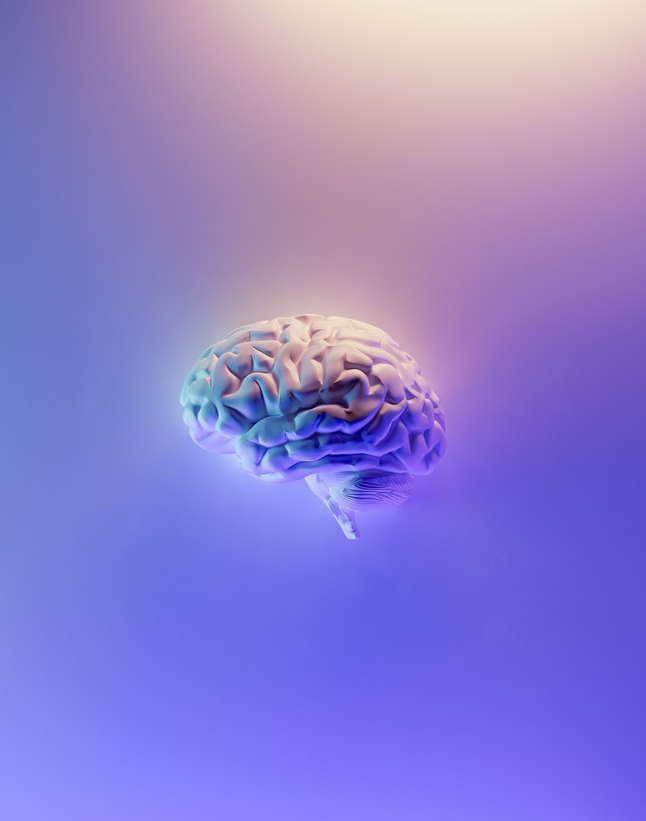 Photo by Madison Agardi on Unsplash
Photo by Madison Agardi on UnsplashThe placebo effect happens when someone’s medical symptoms are improved by taking an inactive substance or treatment with no known medical effect.
In medicine, placebos are used in clinical trials. But did you know that they can also affect your everyday life?
What It Works On
In medicine, placebos work better on symptoms regulated by the brain, with some conditions responding more than others.
Conditions that respond better:
pain management
stress-related insomnia
cancer treatment side effects like fatigue and nausea
high blood pressure
immune disorders
Conditions that don't respond or don't respond as well:
cholesterol levels
cancer
obsessive-compulsive disorder
Alzheimer’s disease
Quiz
What is a placebo likely to help with?
Placebos Outside Of Medicine

The placebo effect doesn't just influence medical symptoms. It could also affect some important life skills:
Increased well-being — when practicing self-help rituals like healthy living, eating right, exercising, yoga, social time, and meditating.
Speed, Strength, and Endurance —when clocks were secretly tampered with to make them run slow, cyclists training to exhaustion were able to persist significantly longer.
Creativity — hotel employees that received more positive feedback from their bosses demonstrated more creativity in solving day-to-day problems.
Quicker Learning — mental function improved after receiving a fake electrical current.
The Power Of Ritual

Environmental and ritual factors can enhance the placebo effect. Examples include:
How the pills look — colored work better than plain white!
Injections and more-expensive-looking products
The doctor’s bedside manner
Going to a clinic at certain times
Being examined by professionals wearing white coats
The Nocebo Effect

If you can think yourself well, can you also think yourself ill? The Nocebo effect shows that you can.
The nocebo effect can produce psychosomatic symptoms that mimic the effects of every condition known to medicine and include:
tremors
paralysis
seizures
blindness
It's estimated that one in six hospital appointments in neurology are for people with psychosomatic symptoms. Doctors need to be very careful to determine if there's another explanation before determining that psychosomatic symptoms are the cause of your illness.
Take Action
Your feedback matters to us.
This Byte helped me better understand the topic.

